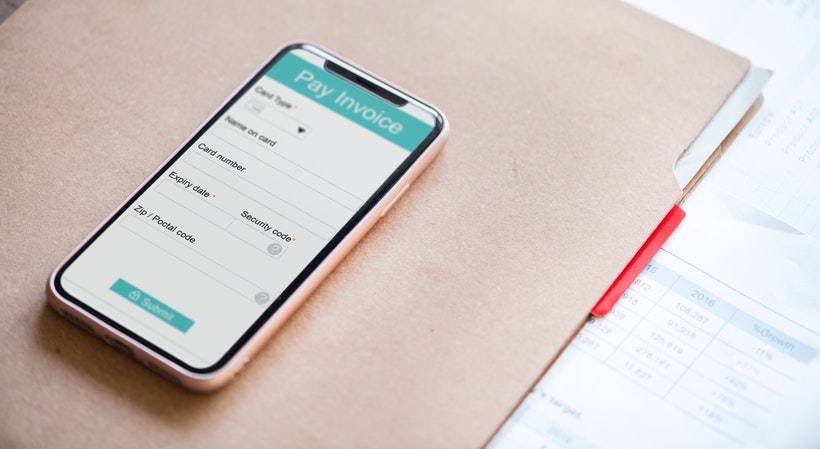Entrepreneurs are the unspoken heroes of the American economy. These risk takers set out to change the landscape of an industry by doing what they love. Oftentimes they take out personal loans, tap into their retirement, or request second mortgages on their homes to start the endeavor they are so passionate about.
This passion to take control of their future is inspiring. This risk-taking is what our country is all about. Whether you were born here or came to America for a better future, the American dream is real, and entrepreneurs are a vital part of what makes this country move.
But what can small business owners do to stay afloat during hard times or periods of aggressive growth and expansion—especially when they are denied traditional bank loans?
Alternative lending by small and mid-sized businesses is on the rise, but traditional financing from banks is down compared to Q1, according to the Q2 2019 Private Capital Access Index (PCA Index) from Dun & Bradstreet and Pepperdine Graziadio Business School. The report says that only 32 percent of small businesses reported securing financing from a bank loan in Q2, down from 44 percent in Q1.
Finding extra cash flow is perpetually one of entrepreneurs’ biggest issues. And even when traditional loans are available to these business owners, getting extra money from traditional banks and lenders tends to take too long in most cases, and is not efficient for their bottom line.
Related: Can You Get a Business Loan with Bad Credit?
There are several routes that entrepreneurs can take in order to receive funding for expansion, growth, improved liquidity or unexpected costs. Many turn to credit cards, crowdfunding or even new investors, but all of these come with risks and possible changes to the organizational structure.
Fortunately, there is one way to avoid the risk of unsecured debt financing: through invoice factoring, which entails selling unpaid invoices to a third party for immediate cash.
This is the most effective solution for startups and is also one of the most obtainable, as it allows business owners to raise money without accumulating new debt, which can be risky and (more often than not) forces small businesses out of business.
Here’s how it works:
- A company sells its unpaid invoices to a third-party lender
- The third-party lender verifies the invoices, then infuses the small business with a payment of up to 90 percent of the value the same day
- Customers then make payments directly to the factoring company, which will return the balance of the paid invoices minus a fee when all invoices are collected
Sign Up: Receive the StartupNation newsletter!
Invoice factoring is the most viable solution if a business is in a cash crunch and doesn’t have the luxury of time for funding sources like loans, investments and crowdfunding, which all take a significant amount of time.
With supplies to be bought and rent to be paid, entrepreneurs can make use of a fast financing option like invoice factoring, which provides funds quickly.






